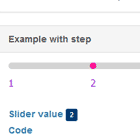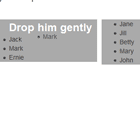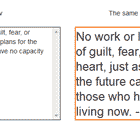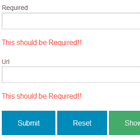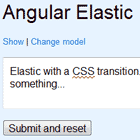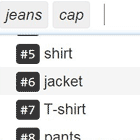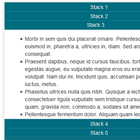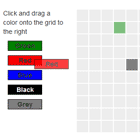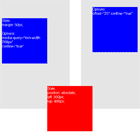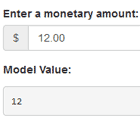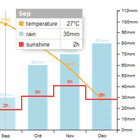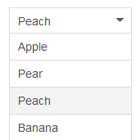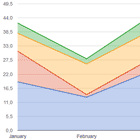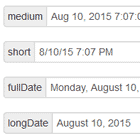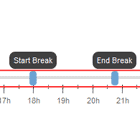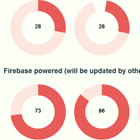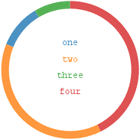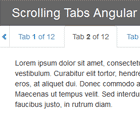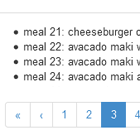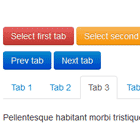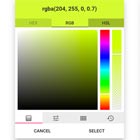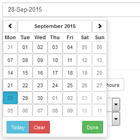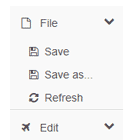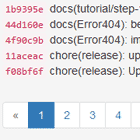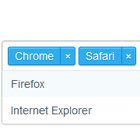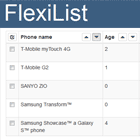Angular Adaptive Backgrounds
Surround a picture with its dominant color using a simple directive
$ npm install --save angular-adaptive-backgroundsthe lowdown
This directive is essentially extracting the dominant color from an image and applying that color to its parent's background. Here's the most simple example:
<!-- Load the script after AngularJS --> <script src="angular.js"></script> <script src="angular-adaptive-backgrounds.js"></script>// Make sure your app depends on this module var myApp = angular.module('myApp', ['mb-adaptive-backgrounds']);<!-- This guy will get receive a background color... --> <div adaptive-background> <!-- from this image --> <img src="cool.jpg"> </div>getting fancy
Since your markup could get far more complicated in a real example, adaptive-background will dig through its descendents for the first img it can find.
<div adaptive-background> <div> <div> <img src="cool.jpg"> </div> </div> </div>choose an image
But if you have multiple images descending from your adaptive-background, it might find the wrong one! Fortunately, you can specify a class name.
<div adaptive-background ab-image-class="the-chosen-one"> <div> <div> <!-- It will skip right past this image --> <img src="not-cool.jpg"> </div> <div> <!-- and grab a color from this image --> <img src="cool.jpg" class="the-chosen-one"> </div> </div> </div>In certain cases, you might want to specify a class name for your entire app, instead of repeatedly setting ab-image-class.
myApp.config(function (adaptiveBackgroundsOptionsProvider) { adaptiveBackgroundsOptionsProvider.set({ imageClass: 'the-chosen-one' }); });<!-- Even without setting ab-image-class... --> <div adaptive-background> <div> <div> <img src="not-cool.jpg"> </div> <div> <!-- it will still find this image --> <img src="cool.jpg" class="the-chosen-one"> </div> </div> </div>css background-image
Instead of an img element, you might have a background-image on some other element. Have no fear. Simply ensure you've set a parent class, either by ab-image-class or a global config.
<div adaptive-background ab-image-class="the-chosen-one"> <div style="background-image: url('cool.jpg');" class="the-chosen-one"></div> </div>classes
If you have text overlaying the background color, that text might no longer be readable. You have a couple classes to work with though.
ab-light-background will be applied to a lighter background and, as you might expect, ab-dark-background on a darker background. You could do something like this to make sure your text contrasts with the background.
.ab-light-background { color: #333; } .ab-dark-background { color: #fff; }If you're displeased with those class names, feel free to change them.
myApp.config(function (adaptiveBackgroundsOptionsProvider) { adaptiveBackgroundsOptionsProvider.set({ lightClass: 'wow-so-bright', darkClass: 'pretty-dark-in-here' }); });dev
$ npm install $ npm start
